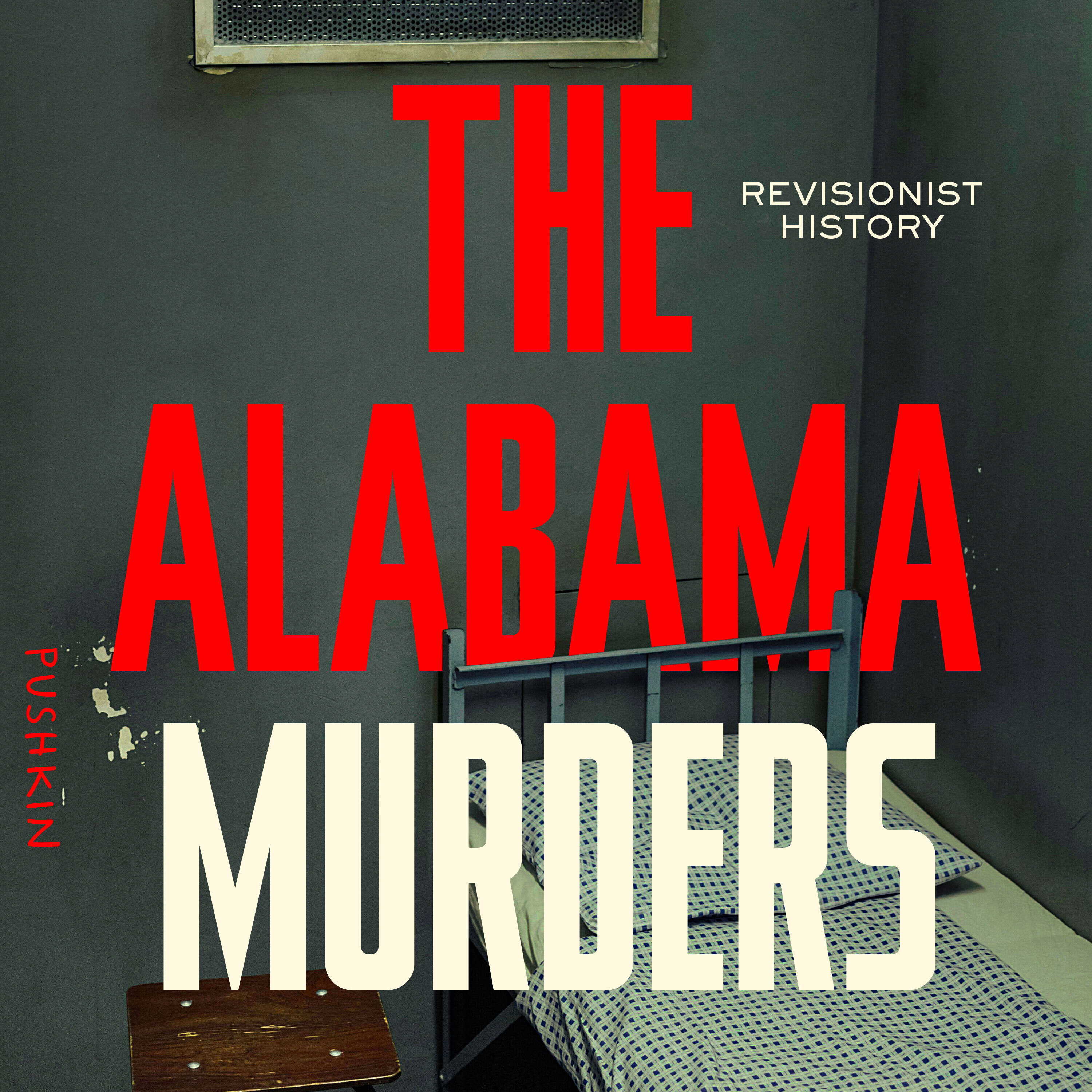Episode Transcript
Pushkin, maybe you remember it.
August two thousand and three, everything went dark.
A couple of trees on the East Lake transmission line outside of Cleveland grew a little bit too tall, and the electrical line at that precise point, perhaps because of the summer heat, sagged a little bit more than usual and touched the trees.
Contact causes short The short cause of power that used to run along that line to be rerouted along another line, which overloaded that line, causing an even bigger electrical surge to be rerouted to another line, and on and on, leading to a series of failures that rippled across the entire Northeastern grid, leaving fifty million people without electricity.
The Great Northeastern Blackout is what's called a failure cascade.
One small mishap leads to a second, bigger problem, and a third even bigger problem, and finally, at the end of the chain catastrophe, I want to tell you a story about a moral failure cascade.
It began with what looked like a robbery gone wrong.
A woman murdered in her home in an area of northwestern Alabama known as the Shoals.
But that crime would soon attract the crowd, a host of others who would get caught up in the cascade as it picked up momentum onlookers, participants, people trying to stop the unfolding catastrophe.
For thirty years, people wittingly or unwittingly feeding it until it consumed them too.
Was he Was he a good preacher, charismedic?
Speaker 2Yes, I would say very charismatic.
Speaker 3There was this joke that said that it was easier to get forgiveness in the Church of Christ for murdering somebody than it was to be divorced.
Thank you.
Just got on from work and they come and he said, well, mom, can you come?
He said, the police are here.
There's no sense in even having a jury.
If you if you're going to be able to overturn the jury, if a judge can overturn the jury, he said, But I was involved, and that's a horrible thing I was involved in.
I've been in prison twenty four twenty five years.
That's probably not long enough.
Speaker 2I didn't kill them.
They get burned from the inside, and then glad just pours into the lungs and I'm sorry as I'm saying this, it's awful, and this is what this is how lethal injection actually kills you.
Speaker 1Here's what I don't understand.
Nobody notices till you.
Apparently not, He would say to himself, turn to the right, to the victim's family and apologize.
Speaker 3Turn to the left, tell my family, I love him, So he would have this little practice.
Speaker 2To the right, I'm sorry.
To the left, I love you.
Speaker 1From Revisionist History, This is the Alabama Murders, a special seven episode series in which we investigate why this case went on for as long as it did, why it took so many bizarre and unsettling turns along the way, and maybe the most important question, why have we created a system that, in trying to respond to suffering all too often makes suffering worse.
The mant have damage this man did is incalculable.
Speaker 2It's still damaging all of us.
It still hurts us to think about.
Speaker 1Subscribe to Pushkin Plus to binge the entire season of Revisionist History The Alabama Murders early and ed free.
As a Pushkin Plus subscriber, You also get bonus episodes, full audiobooks, and binge's from your favorite Pushkin hosts and authors.
Find Pushkin Plus on the Revisionist History show page on Apple Podcasts, or at pushkin dot Fm, slash plus,
